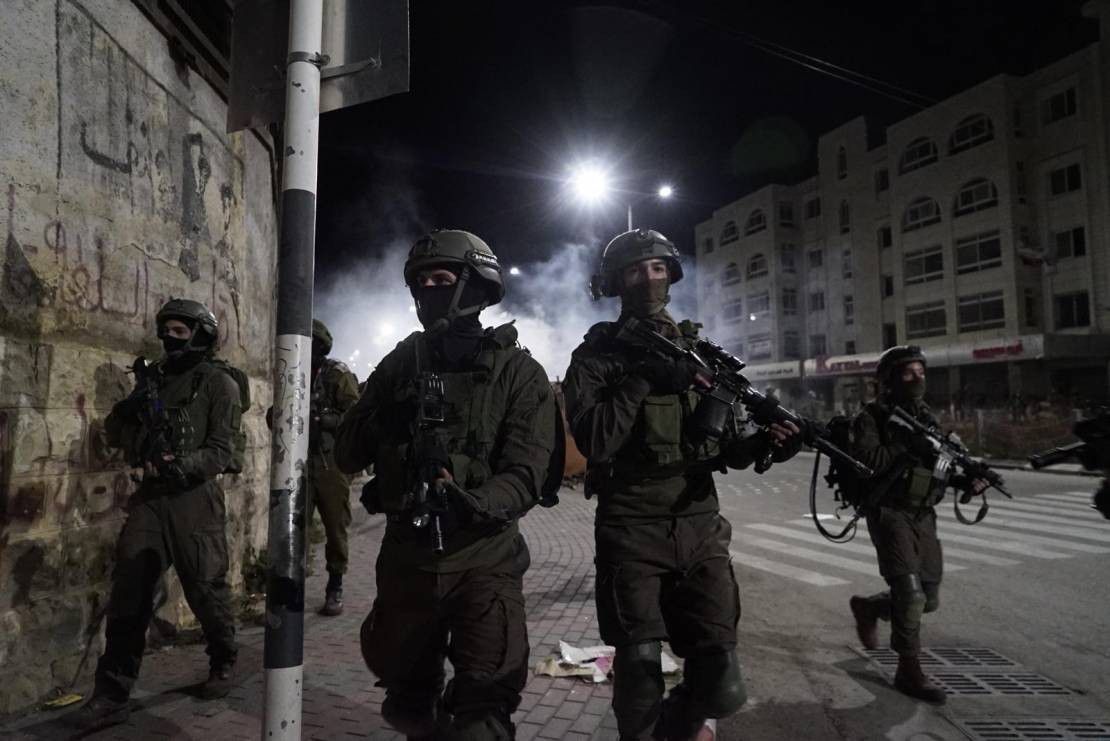By: Ahmed Mansour
As we approach a full month of Israel’s ruthless military campaign in the Gaza Strip, the Israeli strategy towards Gaza and Hamas has become markedly clear. This revelation stems from statements made by Israeli officials and their American supporters who endorse Israel’s plans in Gaza. The latest of which was U.S. Secretary of State Blinken’s statement in Oman, asserting that the war will not cease until Hamas is eradicated. In this article, we aim to elucidate Israel’s plan and objectives in its war against Gaza, which can be summarized as follows:
Firstly, the destruction of as much of Gaza’s neighborhoods, homes, infrastructure, and services as possible, making life there either impossible or significantly challenging for those who refuse to leave. Israel has executed this strategy through the indiscriminate shelling of entire residential areas in most parts of Gaza, rendering tens of thousands of homes uninhabitable. Furthermore, Israel targeted water reservoirs, power stations, solar power panels, hospitals, schools, mosques, and churches, systematically dismantling any facilities that could help Gazans endure and resist forced displacement.
Secondly, the United States’ proclaimed goal of establishing a safe passage aligns with the overarching plan of evacuating Gaza’s population to Egypt, a plan initiated in 2015. The Egyptian government has played its role by demolishing tunnels, uprooting adjacent towns and villages, imposing a blockade on Gaza’s residents, and establishing fortified, monitored settlements to accommodate those forcibly displaced from Gaza. President Biden and Israeli leaders have repeatedly discussed this displacement plan. When met with resistance or financial negotiations, Biden recently claimed, “The displacement will be temporary, not permanent.” However, this is a deceitful and misleading portrayal, as Gaza has long been an enigma in the Israeli mindset, even disengaging from it in 2005. A portion of the $16 billion Congress allocated to Israel is dedicated to the displacement operation. Numerous reports have also emerged regarding the price Egypt will receive for its involvement, including debt relief and stabilization of its government facing severe economic challenges. Despite Egypt’s official denial, it is primarily aimed at pacifying a public that was initially calm.
Thirdly, Israel’s ambition is to militarily occupy Gaza entirely after settling its neighborhoods on the ground, defeating Hamas militarily, disarming the organization, eliminating its leaders, and trying its members. Israel has recently made legislative amendments to facilitate these goals. Subsequently, Gaza would either be placed under international trusteeship, handed over to Palestinian Authority control, or reverted to the pre-1967 status, administered by an Egyptian military governor before the Israeli withdrawal, mirroring the role it plays in the West Bank. President Erdogan of Turkey has also expressed interest in participating in Gaza, akin to Turkey’s administration of Turkish Cyprus. However, Israel is unlikely to accept this proposition. The Turkish stance on the Gaza situation has garnered both criticism and approval, reflecting a broader international perspective.
In essence, this is Israel’s plan for Gaza, should it succeed in its occupation. Dennis Ross, former U.S. peace envoy to the Middle East, recently wrote an article in The New York Times where he mentioned speaking with several Arab leaders who expressed their support for eliminating Hamas. However, they refrain from openly declaring this stance, fearing the repercussions from their own populations. Over the course of a full month, the majority of silent Arab governments have tacitly endorsed the unprecedented war crimes in Gaza, indicating that Israel’s actions could not have occurred without at least minimal Arab support or silence.
Israel’s aspirations and its strategic agenda for Gaza are undeniable, bolstered by Western and Arab backing. However, the crucial question that remains is, can they succeed in implementing this plan? The matter is complex and challenging, particularly in light of Hamas’s counterplan.
Shortlink for this post: https://daysofpalestine.ps/?p=52552








